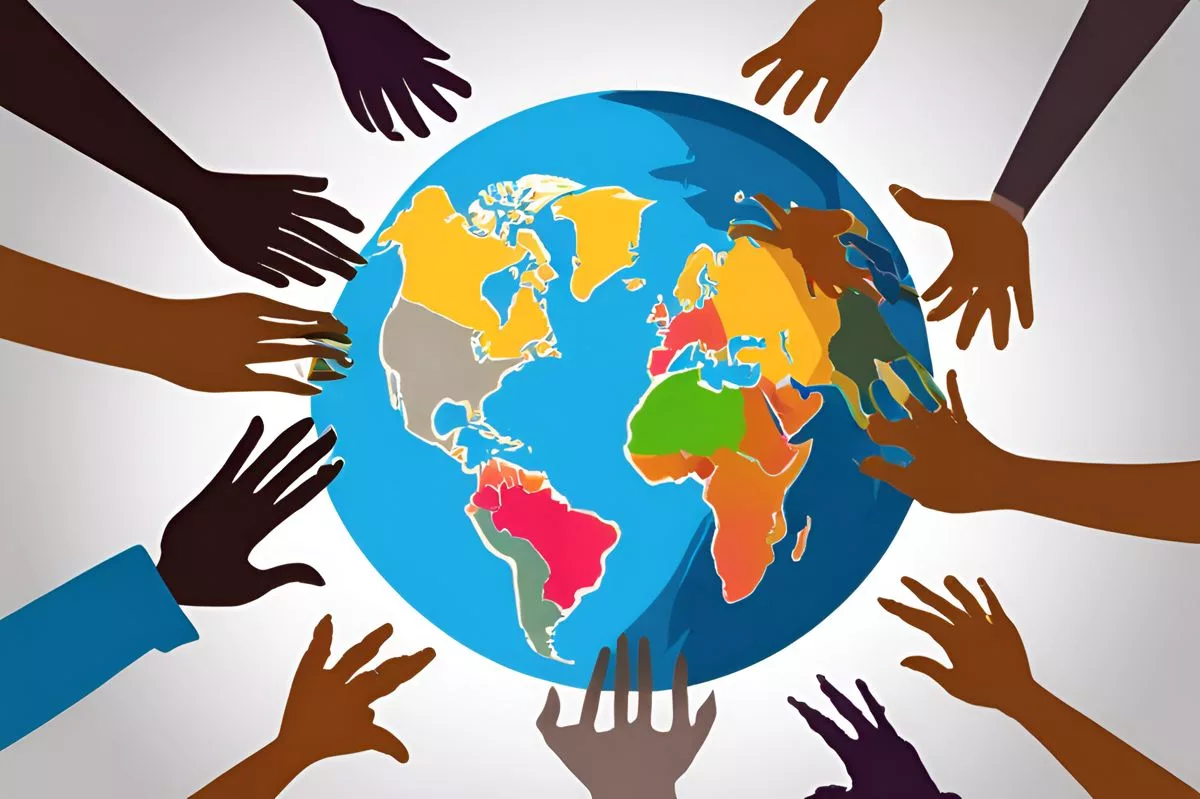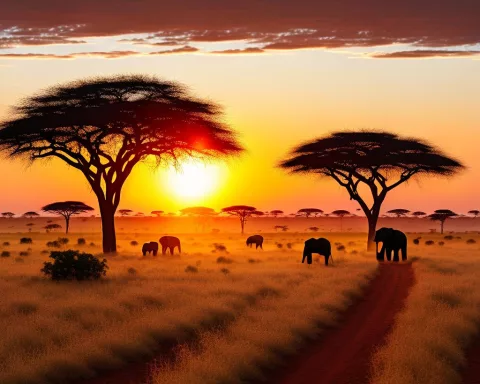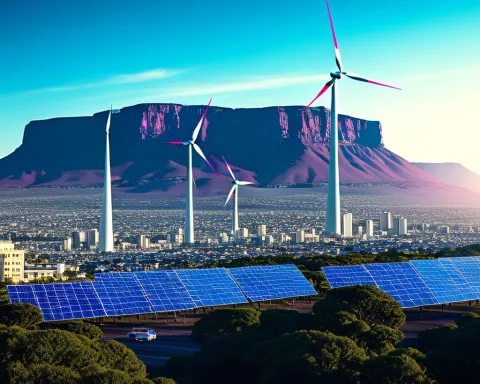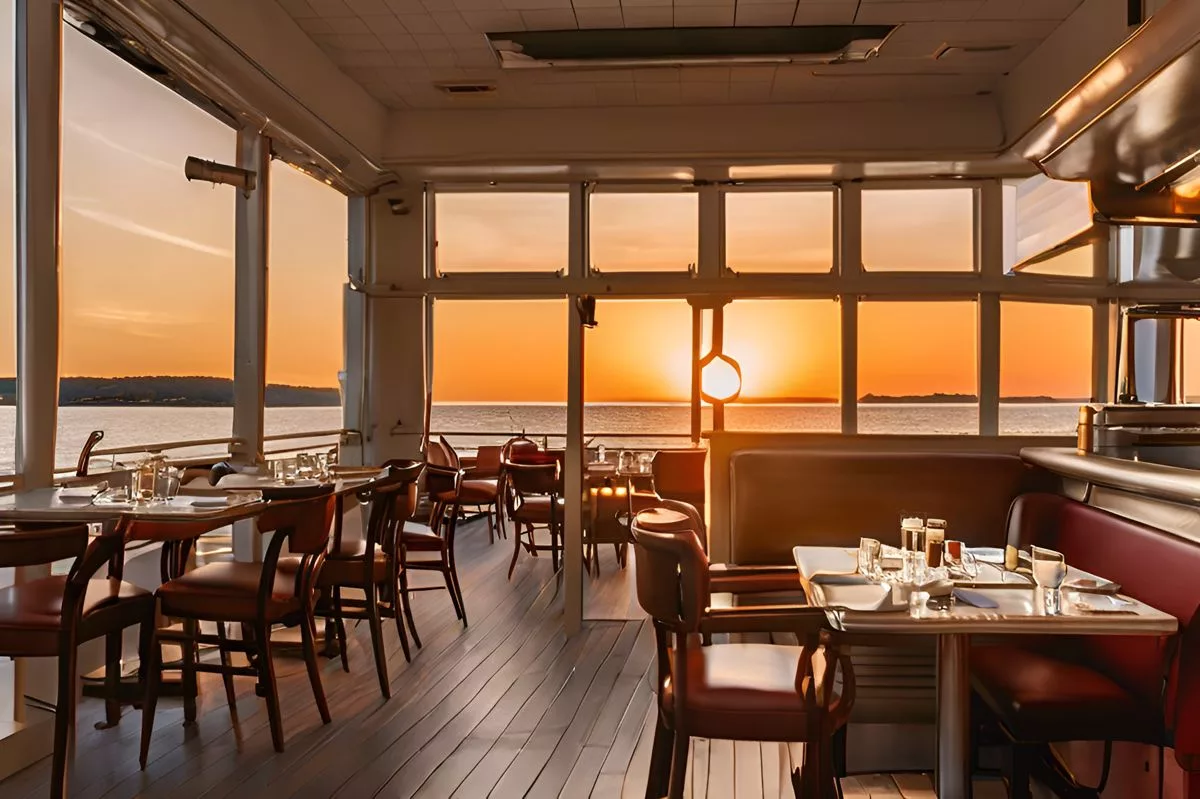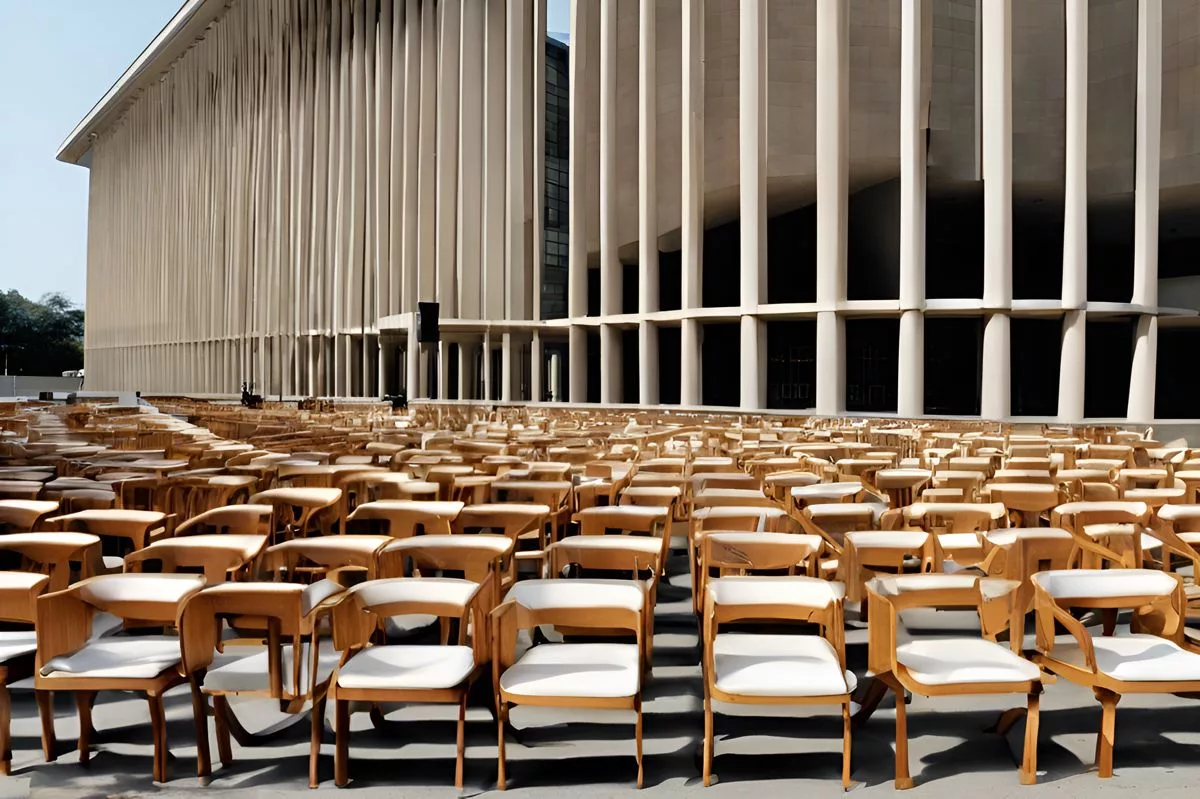Deputy President Shipokosa Paulus Mashatile is on a mission to make the world a better place for everyone. He believes that education and strong partnerships, especially with SOAS University, can help young Africans gain the skills they need for a brighter future. During his visit to London, he spoke about the importance of working together to tackle big challenges like climate change and economic inequality. Mashatile envisions a world where urban and rural areas thrive together, promoting unity and sustainable growth for all. His inspiring words encourage everyone to join in creating a fair and hopeful future.
What is Deputy President Shipokosa Paulus Mashatile’s vision for global inclusion and sustainability?
Deputy President Shipokosa Paulus Mashatile envisions a collaborative approach to global inclusion and sustainability through education reform and economic growth. He emphasizes strategic partnerships, particularly with SOAS University, to empower African youth, address inequalities, and promote sustainable development across urban and rural areas.
Setting the Stage at SOAS University
Anticipation filled the air as SOAS University of London prepared to host Deputy President Shipokosa Paulus Mashatile. Known for its deep commitment to the study of Asia, Africa, and the Middle East, SOAS stands as a beacon of international education. On this occasion, Mashatile took the podium to share South Africa’s dynamic vision for global progress. His speech touched on pivotal topics such as education reform, sustainable development, and the necessity for geopolitical change.
Mashatile praised SOAS for its significant contributions to global education, especially regarding the African continent. The university has played a crucial role in nurturing future leaders, whose influence now extends across policies and economies worldwide. His acknowledgment of SOAS as a vital partner in education emphasized a sustained commitment to fostering opportunities for African youth. Expressing gratitude in one of South Africa’s native languages, he stressed the importance of this educational collaboration.
Beyond mere thanks, Mashatile proposed a strategic alliance with SOAS aimed at developing essential skills for Africa’s economic growth. As Chairperson of the Human Resource Development Council, he outlined plans to leverage this partnership, ensuring that young Africans are well-equipped for economic opportunities. Education, he emphasized, must continue to be a fundamental driver for inclusive development across the continent.
Strengthening International Ties and Addressing Global Challenges
Mashatile’s visit to the United Kingdom sought to reinforce the relationship initiated by President Ramaphosa’s 2022 state visit. In a world grappling with the complexities of globalization, climate change, and technological advances, he saw a unique opportunity for South Africa and the UK to champion inclusive economic growth. He outlined how collaboration between the two nations could address urgent global issues, such as growing inequalities and the pressing need for climate action.
As the world’s population is projected to surge from 7.7 billion to 9.7 billion by 2050, with Africa at the heart of this growth, Mashatile expressed concern about increasing disparities. With urbanization expected to result in 70% of the global population living in cities by 2030, he advocated for balanced investments in both urban and rural areas. Transforming rural communities into hubs of development and investment emerged as a critical aspect of his vision for the future.
Amid these discussions, the 2023 Atlas of Sustainable Goals offered hope, highlighting a decrease in global income inequality since 1990. However, the persistent wealth gap necessitates stronger global efforts toward economic equality. For Mashatile, this ongoing disparity underscores the need for robust climate action, urging nations to unite in a shared commitment to sustainable development.
South Africa’s Path Forward
In the context of Mashatile’s South Africa, figures like Nelson Mandela and Desmond Tutu symbolize unity and resilience. The formation of a Government of National Unity following a closely contested election reflects this legacy. Over 100 days into its administration, the government prioritizes reform and economic growth, particularly in trade and investment with the UK. These efforts align with broader strategic goals, including poverty alleviation and skill development in sectors such as science and innovation.
Mashatile also focused on South Africa’s upcoming G20 Presidency in 2024. With the theme of “Solidarity, Equality, and Sustainable Development,” the presidency aims to elevate Africa’s development priorities alongside the African Union’s Agenda 2063. Amid global challenges like economic disparities and climate changes, South Africa’s leadership provides a platform to advocate for the developing world’s interests.
Central to this mission is the reform of the global financial system to better represent modern geopolitical realities. Mashatile emphasized the importance of bold changes to give developing countries a stronger voice in economic governance. Such reforms hold the potential to transform international finance, setting ambitious goals for funding and enhancing debt management practices.
A Vision of Unity and Artistic Expression
Mashatile’s narrative draws inspiration from historical artistic movements that have shaped societies. His vision resonates with the social realism of the early 20th century, where art highlighted societal issues. Much like the Harlem Renaissance celebrated African American culture while challenging racial injustice, Mashatile’s address champions African perspectives in a rapidly changing global landscape.
As he interwove narrative with analysis, his address left a lasting impact on those gathered at SOAS. Ready to assume a significant role on the world stage, the Deputy President of South Africa acknowledged the challenges while advocating for a vibrant and inclusive global future. His words illuminated a path toward a world where solidarity and sustainable development are not mere aspirations but tangible realities. As he invited the international community to join this journey, the echoes of his speech extended beyond the walls of SOAS, into a future filled with promise and possibility.
“`markdown
FAQ
What is Deputy President Shipokosa Paulus Mashatile’s vision for global inclusion and sustainability?
Deputy President Shipokosa Paulus Mashatile envisions a collaborative approach to global inclusion and sustainability through education reform and economic growth. He emphasizes strategic partnerships, particularly with SOAS University, to empower African youth, address inequalities, and promote sustainable development across urban and rural areas.
How does Deputy President Mashatile plan to empower African youth through education?
Mashatile emphasizes the importance of strategic alliances with institutions like SOAS University to equip young Africans with essential skills for economic opportunities. As Chairperson of the Human Resource Development Council, he aims to leverage educational partnerships to foster inclusive development across the continent.
What are the key themes of Deputy President Mashatile’s discussions during his visit to the UK?
During his visit, Mashatile discussed the importance of addressing global challenges such as climate change and economic inequality. He stressed the need for collaboration between South Africa and the UK to champion inclusive economic growth and improve investments in both urban and rural areas.
What role does the upcoming G20 Presidency play in South Africa’s vision for global development?
As South Africa prepares for its G20 Presidency in 2024, Mashatile has outlined a theme of “Solidarity, Equality, and Sustainable Development.” This presidency aims to elevate Africa’s development priorities while advocating for the interests of the developing world amid global challenges like economic disparities and climate change.
How does Deputy President Mashatile draw inspiration from historical movements in his vision?
Mashatile’s narrative is inspired by historical artistic movements, such as the Harlem Renaissance, which celebrated cultural identity while addressing social issues. He champions African perspectives in a rapidly changing global environment and advocates for a future filled with solidarity and sustainable development.
How can individuals and organizations contribute to Deputy President Mashatile’s vision?
Individuals and organizations can contribute by engaging in educational initiatives, supporting partnerships that empower youth, and advocating for policies that promote sustainable development. Mashatile invites the international community to join this journey toward a more inclusive and hopeful future for all.
“`

